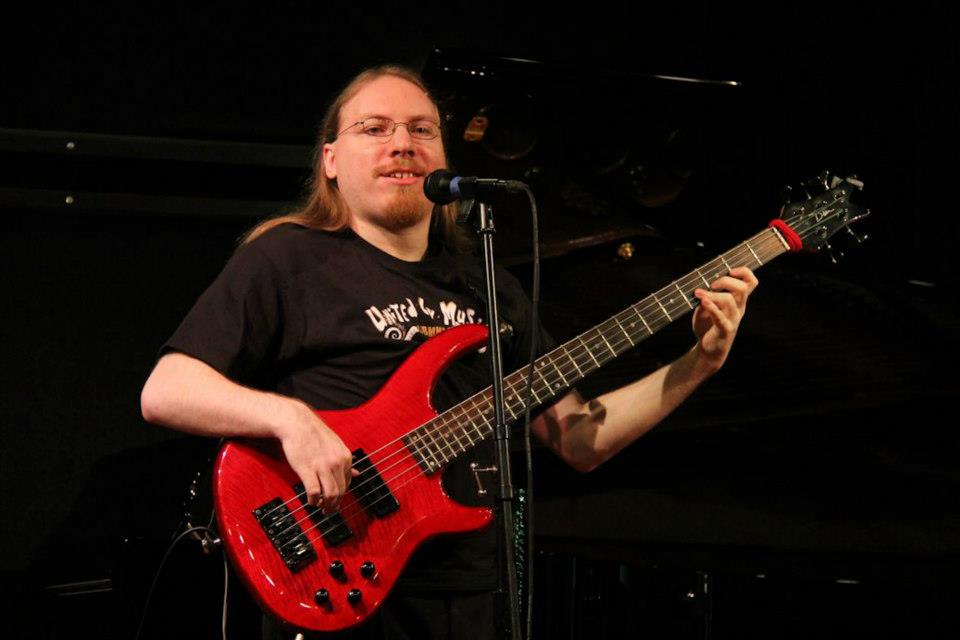
 For Portland native Jonathan Chase, the two defining moments of his life came when he was 14 years old.
For Portland native Jonathan Chase, the two defining moments of his life came when he was 14 years old.
For one thing, he began learning how to play the bass guitar. It wasn’t long before he was regularly playing gigs as a professional musician.
That was also the year he was diagnosed with Asperger’s Syndrome.
“At its core, autism means someone whose brain is wired differently,” Chase said. “We think differently and make different connections. Some of those connections are harder to understand because you can’t see the internal process.”
And as one of this year’s speakers at TEDxSalem, Chase will combine both of these things into a visual demonstration of the mind of someone on the autism spectrum.
“It’s going to be a challenge to draw people in because everyone knows music, but most people aren’t passionate about pursuing or understanding autism,” Chase explained. “That’s the challenge I’m taking on. And that’s what I’m excited about, is connecting with people who don’t think about this stuff everyday.”
As Chase describes it, he works in two worlds that are very different.
The first world is his music. The 31-year-old Chase has been performing bass professionally since he was 16. He doesn’t have a favorite kind of music. He likes it all — jazz, country, folk, blues, even disco. He’s studied locally and in Nashville; he’s played with Grammy-winning bassist Victor Wooten. He’s currently playing with a classic rock band, recording a bass and ukulele duet with another musician and recording some instrumental jazz pieces.
If that doesn’t sound busy enough for you, in his other world, Chase works as a mentor and advocate for those on the autism spectrum. For the last six years, he has served on the Board of Directors for the Autism Society of Oregon. He mentors teens and young adults and works part-time with the Synergy Autism Center, and teaches classes for educators on how to accommodate students on the autism spectrum.
He can now add TED speaker to his resume. TEDxSalem will be Chase’s first experience with TED.
“I think I’m just overwhelmed by the preparation,” he said. “I’m comfortable speaking. I’ve done a lot of speaking events, but it’s a little different animal in this kind of setting.
“But I think it will be a fun event,” he added. “I’m really excited to be a part of it, and I like a challenge.”

So what can attendants expect to hear from Chase’s talk?
“I’ll be using my bass guitar live and performing some pieces,” he explained. “And I’ll show visually on the screen what they look like inside my head. There will be colors and shapes. The important thing is that it’s not synesthesia. I don’t see color and sound except when I’m thinking about music theory. So it’s a system that I use, where I take all of this information and I categorize it into a visual system that helps me navigate my instrument.”
But Chase’s talk will do more than provide a window into the mind of someone on the autism spectrum. It’s also an exercise that can be applied to our world at large.
“My hope is that people will go home with, not just a better understanding of how people think differently, but respect for the fact that everyone we meet experiences the world differently than we do,” Chase said.